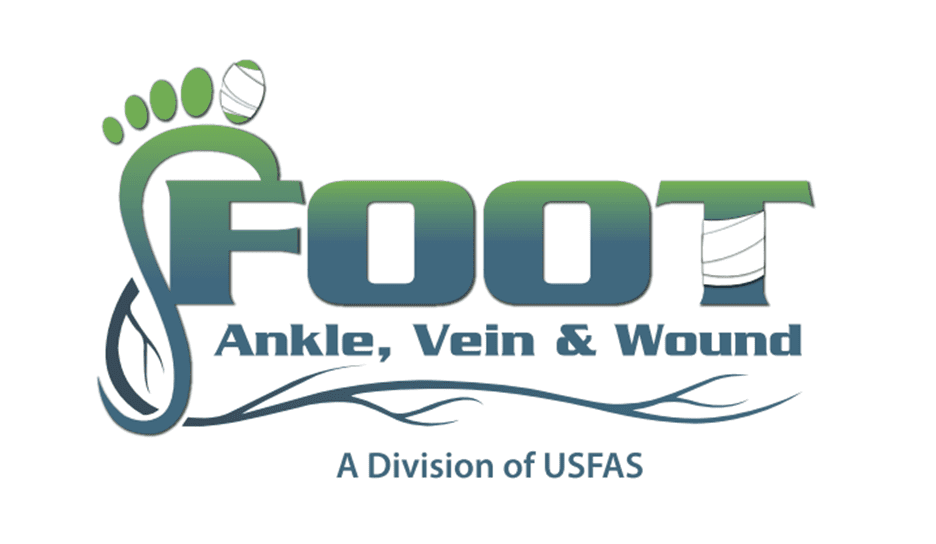
Your body contains around 4,000 tendons—give or take—but none of them can match the Achilles in either thickness or strength. Also known as the “heel cord,” the Achilles attaches the powerful, explosive calf muscles (gastrocnemius and soleus) to the foot, inserting into the top of the heel bone.
The Achilles, along with the calf muscles attached to it, are responsible for a motion called plantar flexion—in other words, extending your foot at the ankle so that the toes point downward, away from the rest of your foot. Since this is the force that propels you forward when you walk and run, a healthy Achilles is critical for efficient and pain-free locomotion.
A tight Achilles, however, produces many problems. Perhaps most notably, a tight tendon is far more vulnerable to injuries. If stretched too far, an Achilles can tear or even fully rupture, meaning instant pain, significant reduction in ability to walk, and a lengthy recovery (often requiring surgery). Even if it doesn’t rupture, you can still develop acute or chronic inflammation or tendinitis.
Another problem is heel pain. The Achilles tendon doesn’t operate in isolation—it is part of a “chain” that links the muscles of the calf to the muscles, tendons, and ligaments of the foot, including the plantar fascia. A tight Achilles pulls on the heel bone from above, while the plantar fascia pulls on the heel from the arch. It’s a real no-win situation for your heel!
If Achilles pain is causing you trouble, please know that help is available. Our team of foot and ankle specialists treats Achilles tendon injuries regularly with a wide range of conservative treatment options, as well as surgery to repair even the most severe ruptures. We’ll help you loosen the tightness, reduce your pain, and repair any damage swiftly and completely. To call about scheduling an appointment at one of our many convenient locations, please dial (800) 456-8637 today.

